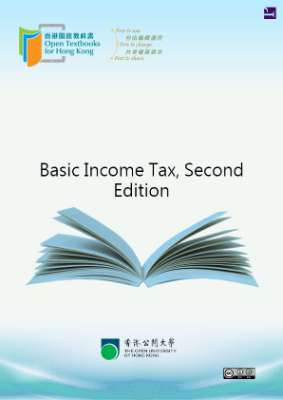While a strategy is a solution to a problem, the implementation of strategy itself creates problems that must be resolved. The effective resolution of problems depends on applying the leadership method that fits each type of problem (Maier, 1963). Problems can be classified into types based on their requirements for objective quality and subjective acceptance.
Decision quality, dependent on knowledge and expertise, is factual. Decision acceptance, dependent on participation and involvement, is emotional. Effective decisions (ED) are the product of decision quality (Q) and its acceptance (A) by those who must work with the decision, thus, ED = Q × A. The two dimensions, quality and acceptance, give rise to four types of problems: high quality low acceptance (Q/A), high acceptance low quality (A/Q), low quality and acceptance (/QA), and high acceptance and quality (QA/). A matrix showing the four types of problems and the leadership method that fits each type is shown in Figure .
Q/A problems are those concerning pricing, sourcing, and technical issues. The effective decision for these problems depends on facts, analysis, and expert judgment. Involving subordinates who do not know the facts and are not experts in the issue will be seen by subordinates as wasting their time. An expert should decide. If someone with more expertise than the executive is available, the executive should defer to the expert.
A/Q problems are those requiring a decision for which the choice is immaterial to its quality, but about which fairness is a concern. Who should work overtime, who should get the new office, what should be the penalty for breaking a rule, and what should be the reward for exceptional performance, are examples of problems of this kind. The executive should engage those involved in a group discussion, and accept the consensus of the group. The executive should expect that the group consensus will vary with the personalities involved, even when the objective facts are the same. This is not a problem, for fairness is not an immutable rule, but a feeling that a decision fits the concerns of the members of the group.
/QA problems are those requiring a decision for which neither quality nor acceptance will be lacking whatever the decision may be. Decisions on work direction are generally of this kind. Should work proceed from A to B or vice versa? Asking subordinates to make the decision as a group can give rise to an engaging but time-wasting debate over trivial concerns. The executive should settle the matter by the easiest means available, such as flipping a coin.











